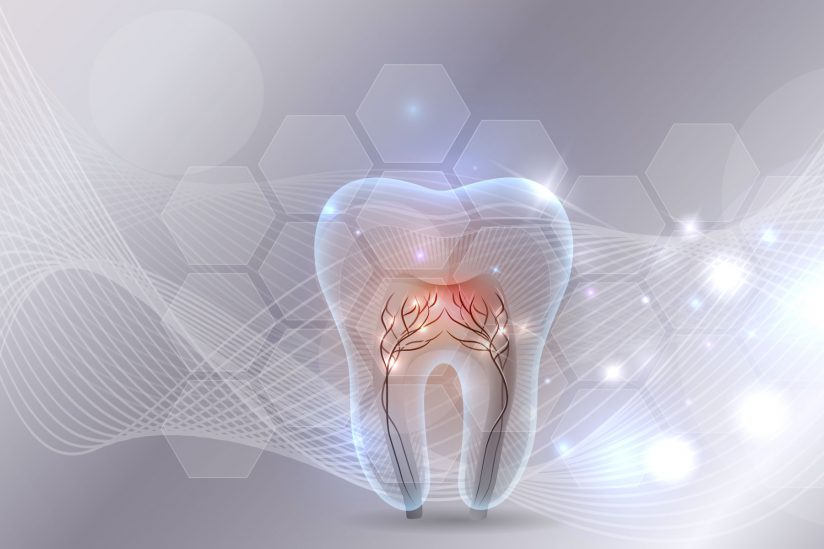Treating Enamel Hypoplasia (Chalky Teeth)

Your teeth are exceptionally important. They don’t just give you a nice smile, although that is important for improving confidence. They are also an essential part of the eating process, food is not going to be as enjoyable if you can’t chew it!
In order to ensure you have your teeth into old age, you need to see a dentist regularly and have any issues dealt with. Although many people have a fear of the dentist t s important to try and move past this as dental care is designed to help you keep your teeth into old age.
That’s why it’s essential that you get a good pediatric dentist for your children from a young age, it will help to remove any fear they have.
It will also allow you to pick up on some specific issues, such as Enamel Hypoplasia, the appearance of chalky teeth.
What Is Enamel Hypoplasia?
If the enamel doesn’t develop properly on your teeth then it will start to adopt a chalky appearance. It will also be weaker than conventional enamel and is likely to be sensitive to hot and cold things. It will also be easier for you to get cavities.
It’s important to note that this is something that needs to be picked up while your child is young, this will allow you to take the best preventative measures possible.
Research suggests that this condition could be linked with low birth weight babies and, because enamel forms in the first three years of a child’s life, poor health and frequent fevers can disrupt the normal development of enamel.
The issue can also arise from complications with the pregnancy and there is some research that suggests low fluoride intake during pregnancy can affect the growth of enamel in babies.
Metabolic disorders can also cause enamel not to form properly as can excessive use of amoxicillin. Of course, in many cases you’re not going to have a choice about the medical conditions your child has, that’s why it’s so important to be aware of what enamel hypoplasia is.
How To Treat It
Weak enamel is going to lead to an increased risk of decay, even if your child brushes their teeth properly. Your dentist is likely to apply fluoride to the teeth to help strengthen the existing enamel and improve the protection against decay.
They can also cover the teeth with caps or specially designed covers, preventing the bacteria from getting to the teeth and causing cavities.
Children can also have their teeth bleached to help eliminate any irregularities in color. While good dental hygiene is important for everyone, it is especially important for anyone suffering from enamel hypoplasia. You’ll also need to make sure that you or your child has regular dental visits, this will ensure the issue id monitored and managed properly.
It is important to note that enamel hypoplasia doesn’t necessarily affect all the teeth in your mouth, it can just affect a few, the position of these will be instrumental in the importance of treatment.








